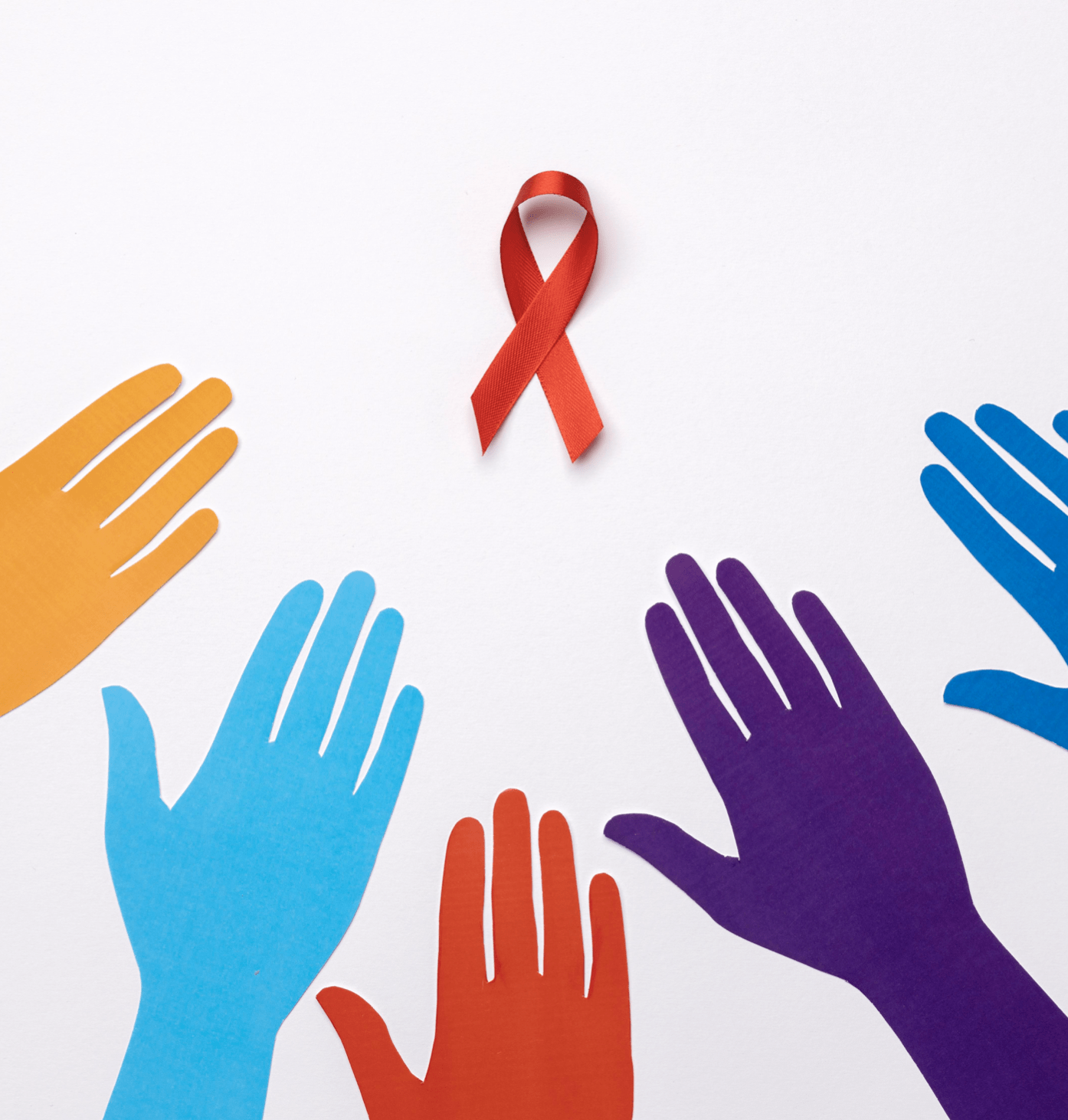Conducting research on HIV/Aids management is one of the pillars of the Africa Centre’s objective to play an active role in social, political and economic transformation. After all, quality research is what informs, shapes and determines the effectiveness and success of the practical aspects of managing HIV/Aids, such as policy, community interventions and medical treatment and care. We’re therefore excited to launch a new project where we showcase abstracts of our MPhil students’ research. The new research section on the website does not only show practical value and relevance but also encourages further contextual research and collaboration.

With more than 600 MPhil study projects completed by our students over the years, we have a wealth of studies covering a diverse range of HIV/Aids-related topics across sectors and disciplines. For the first phase of the research project, we’ve selected 120 published and unpublished research projects completed since 2019.
According to Dr Burt Davis, interim director of the Africa Centre, the objective is to make the students’ research more accessible to the research community, potential new students and the general public: “We want to invite engagement, create interest and inspire follow-up studies and potential collaborations.”
Attracting interest from outside is instrumental to promoting the Africa Centre’s research profile, adds senior lecturer Dr Munya Saruchera. “By making our research visible, we can attract researchers and funders interested in our work and hopefully collaborate with them, by for example developing research grants together.”
To provide structure and create a sensible framework for leveraging this research, the research project has been built around six broad categories, with each category further divided into three themes. The categories are based on the most pressing global and regional HIV/Aids-related issues from 2019 onwards, for example global collaboration and gender and human rights, all in the context of HIV. The themes were selected based on their relevance to certain criteria, such as the Africa Centre’s own research focus areas and topics global health institutions have highlighted as important.
In addition, by including a multifaceted search facility and showing only the abstracts, it’s quick and easy for researchers and other interested parties to find studies on specific topics. Since researchers can also reference unpublished works, displaying these studies online as well increases potential referencing in peer-reviewed journals.
The Africa Centre places significant emphasis on the practical nature of students’ research in order to facilitate real-world change. In addition to some prior knowledge of and an interest in the topic, Saruchera emphasises that the study must make a contribution to an actual issue or need. “There has to be a real-life, practical issue and empirical or verifiable evidence from multiple sources (e.g. previous studies, beneficiaries, communities, NGOs or government organisations) on the specific problem.”
Despite the vast amount of research conducted by Africa Centre students and other researchers in the HIV/Aids field, there are still critical research gaps, especially as new trends emerge and as long-standing problems remain stubbornly evident. Davis highlights the ongoing vulnerability of adolescent girls and young women, the role of mental health in addressing HIV, the recent rise in sexually transmitted infections (STIs) in South Arica and an aging HIV-positive population as some of these trends. “We must investigate these trends to understand why they exist, who is attending to these matters, what’s working and what’s not, and what we must do.”
Saruchera adds that the relatively high proportion of Africa Centre students who have a medical background and qualifications means that research on non-clinical topics is often neglected. These include the socioeconomic, commercial and political aspects of health, with a slant towards social justice, human rights, health economics and the political economy of health.
The next phase of the project will focus on exploring potential follow-up studies as well as newsifying angles linked to the 120 studies that are currently showcased.
